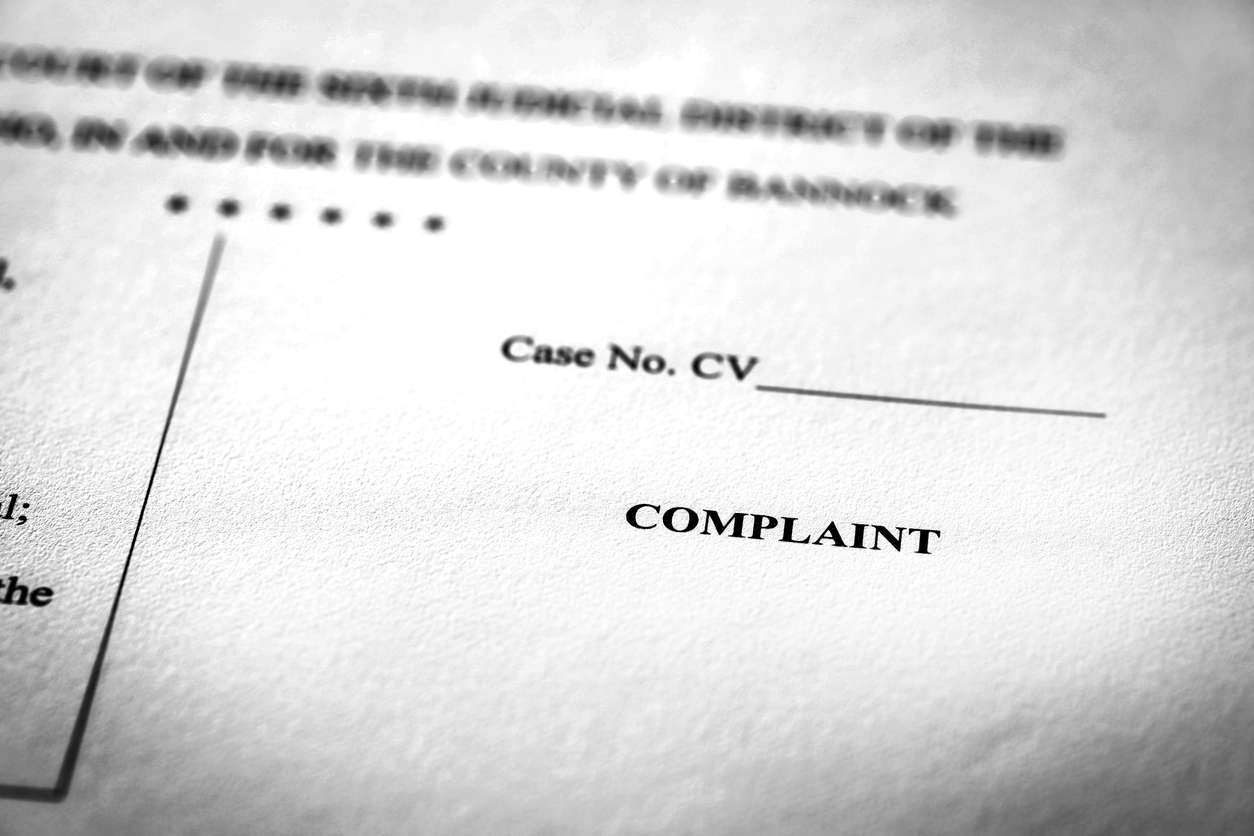Bayer Says It Now Faces More than 18,000 Roundup Lawsuits

The number of Roundup lawsuits filed against Monsanto (now Bayer) has surged by more than 37 percent over the past few months. In April, there were approximately 13,400 Roundup lawsuits filed in state and federal courts in the United States. Since then, 5,000 more plaintiffs have filed suit against the pesticide giant. In July, Bayer announced that it was now defending itself in more than 18,400 cases.
Juries Have Sided With Plaintiffs in Bellwether Roundup Trials
Many Roundup injury lawsuits have been merged into what’s called Multidistrict Litigation, or MDLs. In an MDL, lawsuits that are based on similar facts and arguments are consolidated and transferred to be litigated in a single federal court. One federal judge presides, which encourages similar findings, rulings, and results.
Unlike a class-action lawsuit, plaintiffs in an MDL reserve the right to have their day in court. Every plaintiff in an MDL can try their individual case before a judge and jury. The first cases chosen to go to trial in an MDL are called “bellwether trials.” These tend to be the cases of the plaintiffs who have suffered the most or who have the least amount of time to live. They also tend to be the lawsuit with the strongest arguments.
The results of bellwether cases can be telling. If plaintiffs win the bellwether cases, it might indicate that other plaintiffs might also have success in court. If the defendants prevail, plaintiffs might rethink their strategy or pursue a settlement more aggressively.
So far, three Roundup lawsuits have gone to trial. In each of those three cases, the juries have sided with the injured plaintiffs. In fact, those juries have awarded billions of dollars in compensatory and punitive damages. The bellwether trials have demonstrated that Roundup plaintiffs have a strong argument for compensation.
Bayer Seems More Inclined to Settle
In just three months, Bayer has seen the number of Roundup lawsuits climb north of 18,000. Why?
- Glyphosate – Roundup’s active ingredient – has come under fire.
- Cities across the globe are banning the pesticide. Consumers are increasingly concerned about their health.
- Kids have even been diagnosed with cancer after being exposed to Roundup.
- There appears to be more scrutiny over Monsanto’s aggressive push to make Roundup a top-selling pesticide in the world.
- The verdicts against Bayer have probably encouraged many Roundup users to file suits of their own.
Whatever the reason, it’s clear that Bayer will have to do something to stop the bleeding. Juries, time and time again, have come to the same conclusions:
- Roundup causes cancer.
- Monsanto knew about the risks but didn’t do anything to warn consumers.
- Monsanto misled the public about the dangers of its pesticide.
Bayer can continue to risk multi-million dollar jury awards by defending itself in court, or it can seriously discuss a settlement. Settling out of court could not only allow Roundup victims to get money they need, but also save them the time and stress of litigation. Similarly, Bayer might be able to mitigate its losses by having some say in what it pays its Roundup victims.
That’s precisely what many experts think Bayer is contemplating: a settlement. In fact, Bayer’s CEO recently confessed that he’d consider a “financially reasonable” settlement to stop litigation.
Damages May Be Available to Injured Roundup Users
When plaintiffs file their lawsuits against Bayer, they’re asking to be compensated for their Roundup-related injuries. Most claim that exposure to Roundup caused them to develop non-Hodgkin’s lymphoma or other types of cancer. Common damages sought by Roundup victims includes money for:
- Medical bills and expenses
- Lost wages and income
- Disability
- Reduced earning capacity
- Pain and suffering
- Emotional distress, and more.
Families of Roundup victims who have died after exposure to the pesticide have also filed lawsuits in search of compensation. State laws vary on what damages are available to family members through a wrongful death lawsuit. Generally speaking, compensation for funeral and burial expenses, as well as for the loss of financial support, can be awarded.
